A WRITER'S WIT
Each wrong act brings with it its own anesthetic, dulling the conscience and blinding it against further light, and sometimes for years.
Rose Macaulay
Born August 1, 1881
Youthful Hazards
| August 4, 2014, Paul Theroux, “Action”: Albert, the fifteen-year-old son of a Boston shoe store owner, runs an errand for his father in the late 1950s and faces some unforeseen hazards. ¶ Danger seems to lurk everywhere, whether it’s a man that steals his dime pastry or a store owner who asks Albert if he want to get “bollocky” and have his picture taken. Albert’s friend Eddie has told him about his girl, Paige, who is twenty, stating that she’s “action.” After attending to his father’s errand of picking up some shoes, Albert stops to visit Paige at her flat. She is ironing and offers him some lemonade. Having survived the previous perils, Albert |
Edel Rodriguez, Illustrator
NEXT POST: AUGUST 11. PLEASE PERUSE ARCHIVES LISTED BY MONTH.
STATS SHOW I HAD 3,000+ READERS FOR THE MONTH OF JULY. THANKS!

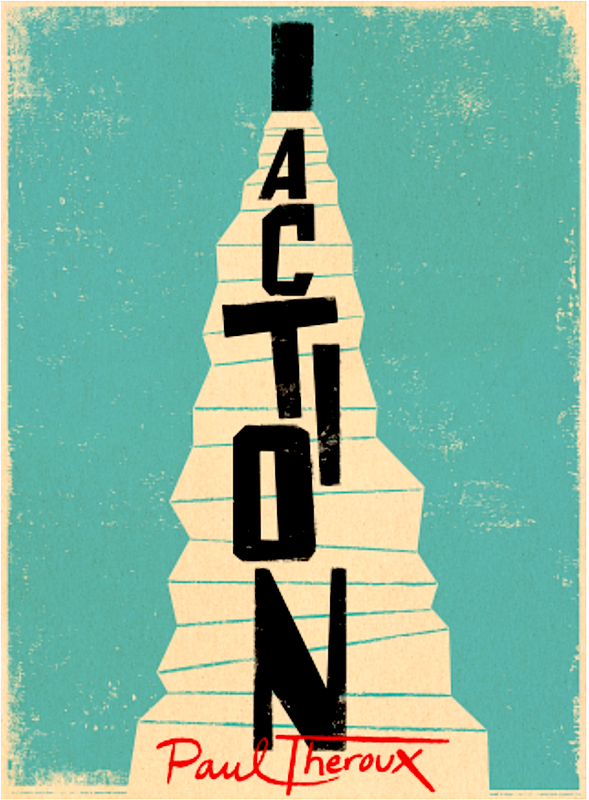
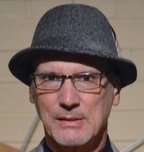



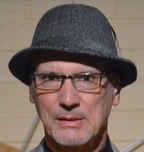

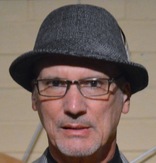



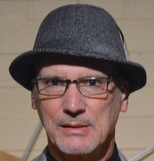
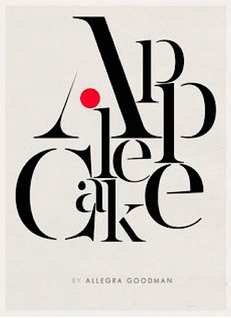


 RSS Feed
RSS Feed